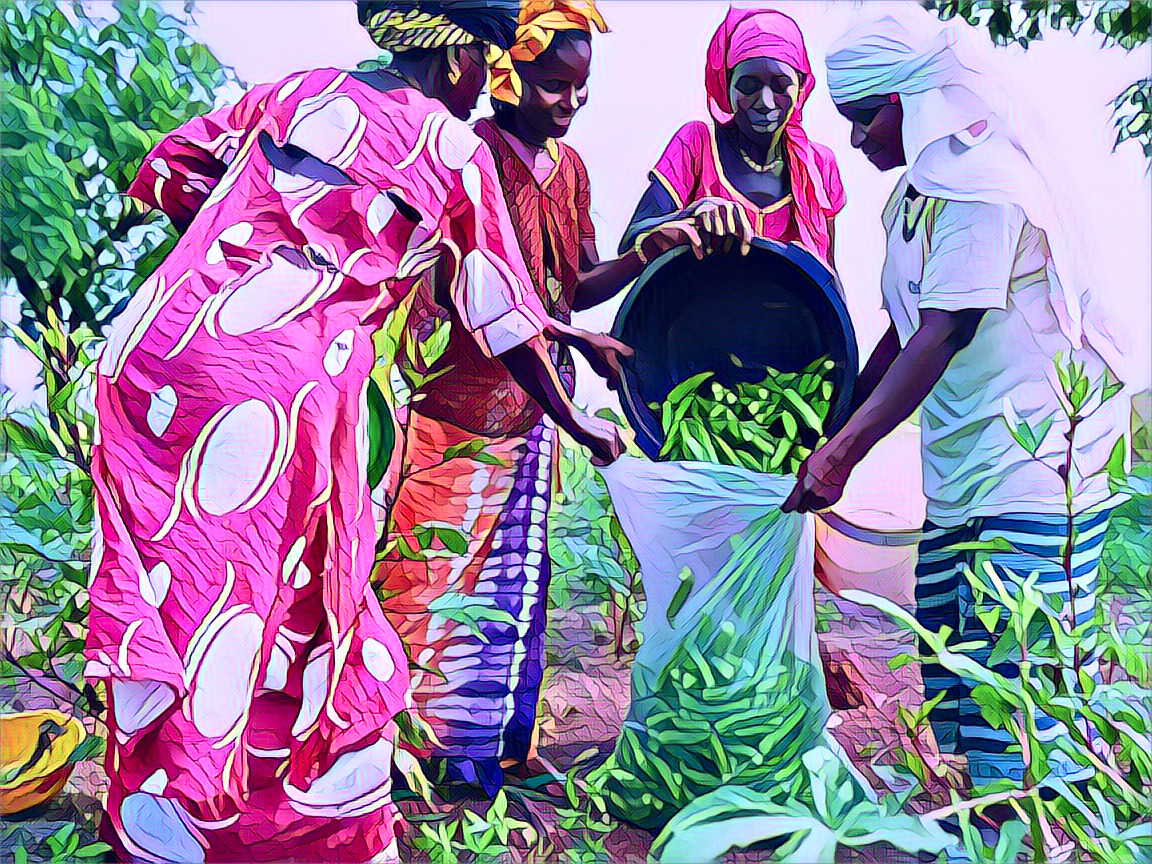Zimbabwe has embarked on a new initiative to improve the health and livelihoods of its urban population, focusing on nutrition. The 2024 Zimbabwe Livelihoods Assessment, which kicked off today, aims to measure the overall well-being of the people living in cities and towns and to design interventions that can address the challenges they face.
According to the Food and Nutrition Council (FNC), the agency leading the assessment, this year’s survey has a bias towards a nutrition-based indicator, which reflects how the population’s access to a nutritious diet contributes to their improved livelihood. The FNC director general, Dr. George Kembo, said that the assessment would help the government plan strategies aligned with the National Development Strategy 1, which seeks to reduce food and nutrition insecurity, and poverty and improve livelihoods among the vulnerable populations.
“The urban livelihoods assessments done in the past have been instrumental in the shaping of some key interventions to challenges faced by the nation,” Dr. Kembo said. “These urban assessments have been influential in guiding government as it plans strategies that are aimed to improve people’s lives and more importantly, as it also looks at options and strategies to create employment opportunities, be it direct or informal, for people to earn a living and improve their access to food.”
Zimbabwe has been grappling with a series of economic and social crises, exacerbated by climate change, that have eroded the living standards of many people, especially in urban areas. According to the Zimbabwe Vulnerability Assessment Committee, about 2.4 million urban dwellers are estimated to be food insecure in 2024, representing 42 percent of the urban population. The COVID-19 pandemic has also worsened the situation, as lockdown measures have disrupted livelihoods and reduced incomes for many informal workers.
The FNC said that the nutrition program would target the most vulnerable groups, such as children under five, pregnant and lactating women, the elderly, and people living with chronic illnesses. The program would provide them with food assistance, nutrition education, and micronutrient supplementation, as well as link them to other social protection services. The FNC also said that the program would promote urban agriculture, home gardening, and food processing as ways to enhance food security and income generation.
The nutrition program is part of a broader effort by the government and its partners to end hunger and malnutrition in Zimbabwe by 2030, in line with the Sustainable Development Goals. The World Food Programme (WFP), one of the key partners, launched a five-year plan in 2024 to build resilience, end hunger and boost nutrition in the country. The WFP said it would support the government to reach 6.7 million people with food and cash assistance, school feeding, livelihood support, and nutrition interventions.
Focusing on nutrition programs holds immense potential to not only improve individual health but also unlock brighter livelihoods for countless Zimbabweans.
Source: MSN


